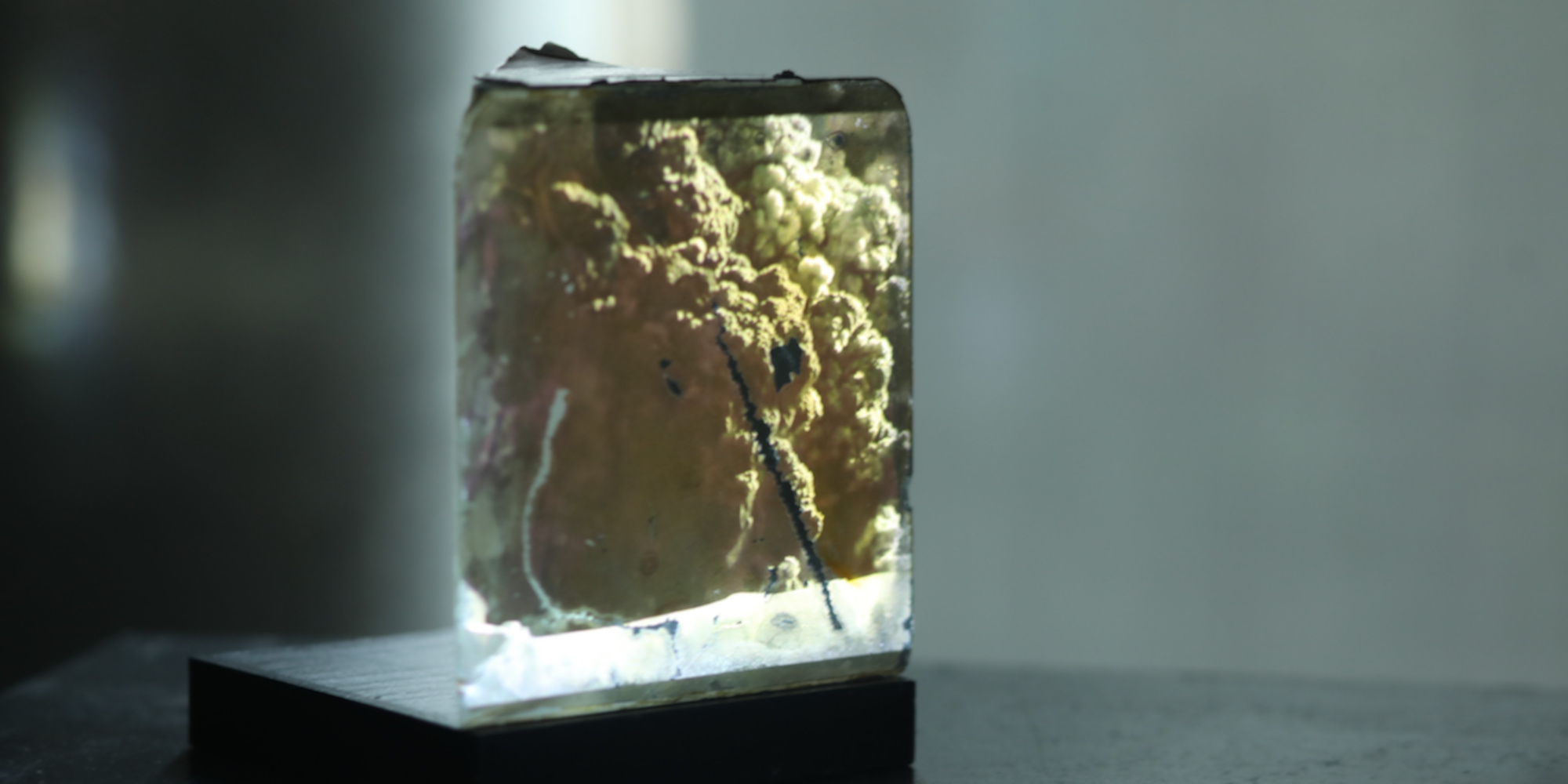„Lasst uns beenden, was wir begonnen haben.“ Auf diese Weise stellt die UNO ihr erstes Ziel für nachhaltige Entwicklung vor – das Ende der Armut in allen Formen und Dimensionen bis 2030. Die 17 Ziele der Nachhaltigen Entwicklung und ihre 169 Teilziele wurden als ein ausuferndes, missverständliches Durcheinander großer Absichten beschrieben. Allein der Titel der Entwicklungsagenda – „Unsere Welt umgestalten“ – verströmt utopische Ambitionen. Er wurde 2015 von 193 Nationen angenommen. Fünf Jahre später und mit zehn verbleibenden Jahren: Wie wird sich unsere Welt verändern?
Wird es in zehn Jahren keine Armut und keinen Hunger in der Welt mehr geben? Wird dieser Planet in zehn Jahren von Milliarden von gesunden und gebildeten Menschen bevölkert sein? Ist Komfort oder Autonomie wichtiger für das Wohlbefinden? Kann man bequem autonom sein?
Diese Fragen wurden WissenschaftlerInnen gestellt, die sich bei einem Open Call zur Zusammenarbeit mit KünstlerInnen im Rahmen der STUDITOPIA-Residency beworben haben. Über einen Zeitraum von fast zwei Jahren werden KünstlerInnen und WissenschaftlerInnen gemeinsam eine kreative Reise unternehmen, die sich mit diesen Fragen befasst und die nachhaltige Entwicklung in ganz Europa durch die konvergierenden Ansichten von Kunst und Wissenschaft erforscht.
Die KünstlerInnen und WissenschaftlerInnen werden ihre Zusammenarbeit beim Ars Electronica Festival mit einer Creative Question Challenge (CQC) beginnen. Das CQC ist ein neues Brainstorming-Format, bei dem Referierende in einem 30-minütigen Dialog kreative Fragen diskutieren und präsentieren.
Video
Projekt Credits
This project is presented in the framework of STUDIOTOPIA and co-funded by the Creative Europe Programme of the European Union.
Biographies
Chris Bean (IE) is Senior Professor and Head of Geophysics at the Dublin Institute for Advanced Studies. His research interests cover the quantification of ocean wave generated ambient microseism noise and ocean wave parameter estimation from microseisms. More broadly he is interested in sound wave propagation and how sounds can reveal information about the processes that generated them. He has also published widely on micro-seismicity associated with the failure of weak materials, especially how they relate to hazards on volcanoes.
Siobhán McDonald’s (IE) practice draws attention to contemporary topics dealing with air, breath and atmospheric phenomena, weaving scientific knowledge into her art in a poetic and thoughtful manner. Siobhan is artist in residence in the School of Natural Sciences at Trinity College Dublin (2020-2023,) working with world-leading research facilities such as The European Space Agency (ESA) and The JRC European Commission to explore ecology in light of current ecological concerns. Across research labs, she pursues knowledge to ask questions about the structure and history of the earth. She calls on notions of what is still unknown to science, exploring the Anthropocene and the recent consequences of our treatment of nature. Siobhan’s work with water and glaciers deploys a unique artistic language that gives form to intangible and richly varied processes including painting, drawing, film and sound.
Recent awards include: Visual Arts Bursary 2020, Creative Ireland Award 2020 and Climate Whirl Arts Programme Helsinki 2020. Recent shows include: Bozar, Brussels, 2020; Deutsches Hygiene-Museum DHMD, 2020; Volta, Basel 2019; Limerick City Art Gallery, 2019; Deutsches Hygiene-Museum DHMD, 2019; The National Trust-Fox Talbot Museum, UK, 2018; Centre Culturel Irlandais, Paris, 2018, among others. Her work is represented in many collections, both public and private such as The Arts Council of Ireland, Allied Irish Banks, Bank of Ireland, The Ulster Museum and Trinity College Dublin.
Adriaan Eeckels (BE) is a historian, humanist and semiotician. Since his university years, he has been testing boundaries, also between art and science. As a thesis proposal, he investigated the epistemological properties of the narrative in historical research, by applying semiotics in historical research with a focus on the history of mentalities in Quattrocento Florence.
He describes himself as an intellectual vagabond and pontifex minimus traveling along borders and interstices of various disciplines, with a great interest in knowledge acquisition and the history of sciences. Most of his career has taken place in the European Institutions: from the Schengen Secretariat, through the European Court of Justice to the European Commission, in Luxembourg, Brussels and Ispra, Italy. He has carried out important projects in Document and Quality Management. Since 2016 he is leading the SciArt project of the Joint Research Center (JRC) of the European Commission.
The SciArt project brings together art and science in a venturesome interpretation, aiming at transcending supposed conflicts or accidental estrangements between the two disciplines. It experiments with artistic residencies in the JRC, creating temporary chambres d’amis that are also safe rooms for scientists, in an effective democracy of disciplines. The results of these experiments, in which artists and scientists work shoulder to shoulder, are exhibited during the biennial Resonances Festival, held in Ispra, Italy and then moving on to be shown in major European museums.


